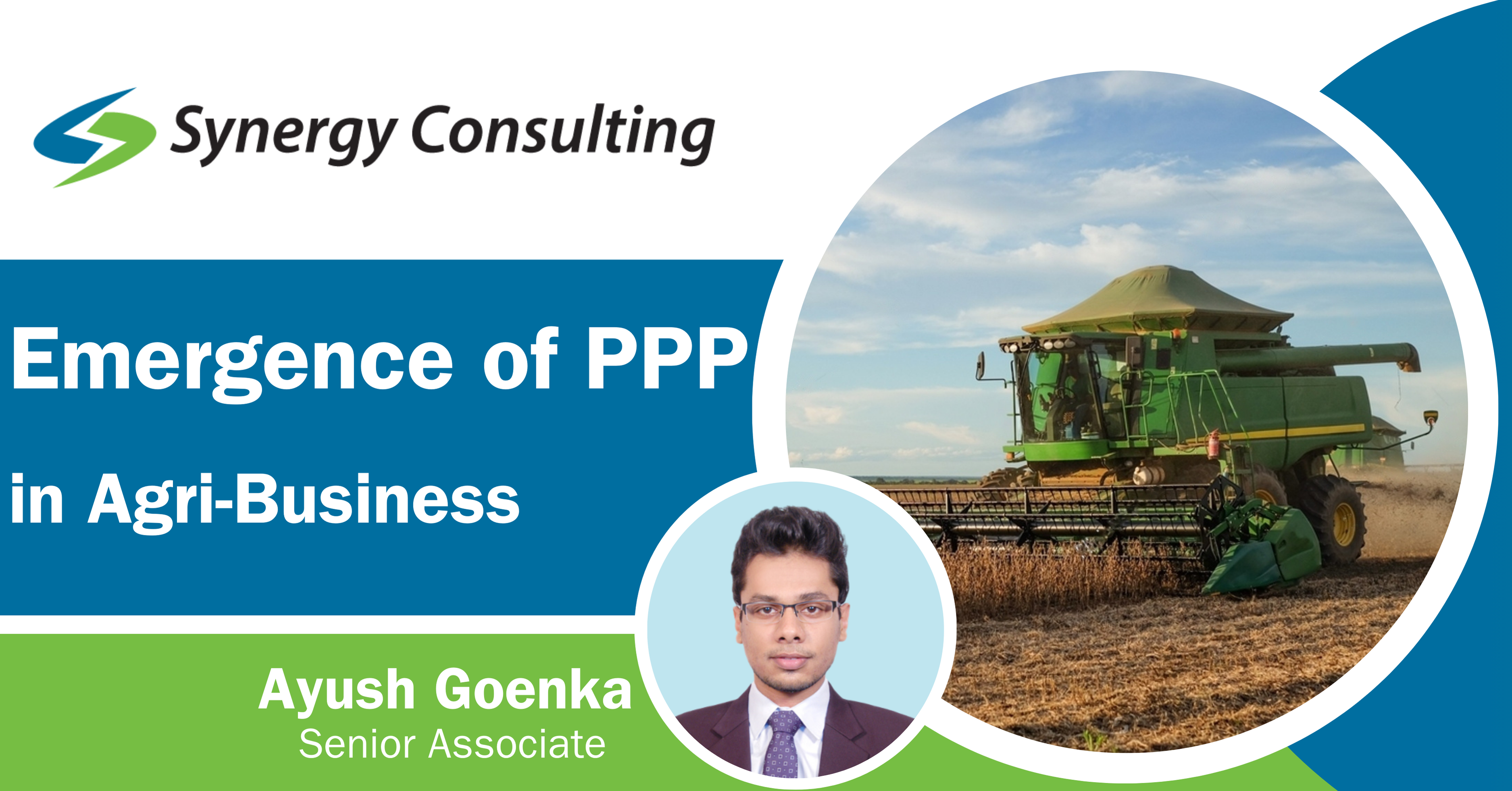Per the World Bank 2023 food security update, ~4 out of 5 low-income and over 90% of lower-middle-income countries experienced YOY increased food prices in excess of 5%. Food affordability is regularly attacked through custom tariffs (for example, Algeria can apply up to 30% on custom tariffs imports). It is imperative that countries innovate and invest in food security programs to drive a thriving, healthy, and sustainable economy.
A strategic solution can be found in “self-reliance” through agriculture Public–Private Partnerships (Agri-PPP). Agri-PPP enables Governments to consolidate and set up large scale agriculture projects with the support of experienced private players achieving “self-reliance” instead of relying on market forces. Innovation and technology transfer (ITT) is a critical element achieved through the economics of large-scale projects, foreign investments and equipment modernization.
Agri-PPP models are prime for cross culture replication, reusability and regionally focused investments. For example, using grant schemes, Peru disproportionately redistributed accumulated market power through incentives that increased competitiveness in international trade for the direct exportation of bananas. Latin America invested in rural market access and partnerships while Africa focused on building laboratories, in Kenya and Uganda, specific to fertilizers and domestic vegetable oil production. Algeria is trying to prioritize domestic dairy production, based on the doubling of milk consumption needs, to approach self-sufficiency using land grants, private investments, smallholder dairy farmer coordination, livestock incentives, organized cooperatives and equipment modernization.
Over the decades, countries have confronted multiple difficulties in the farming sector such as large populations on small farm holdings, limited access to value-added opportunities and mass emigrations from rural areas. Agri-PPP can help address and overcome multiple aspects in an efficient manner. Farming sector learnings can also be repurposed based on the successes of different countries implementing best practice collaborations for repeatability, thereby expediating the emergence of Agri-PPPs through private sector partnerships.
